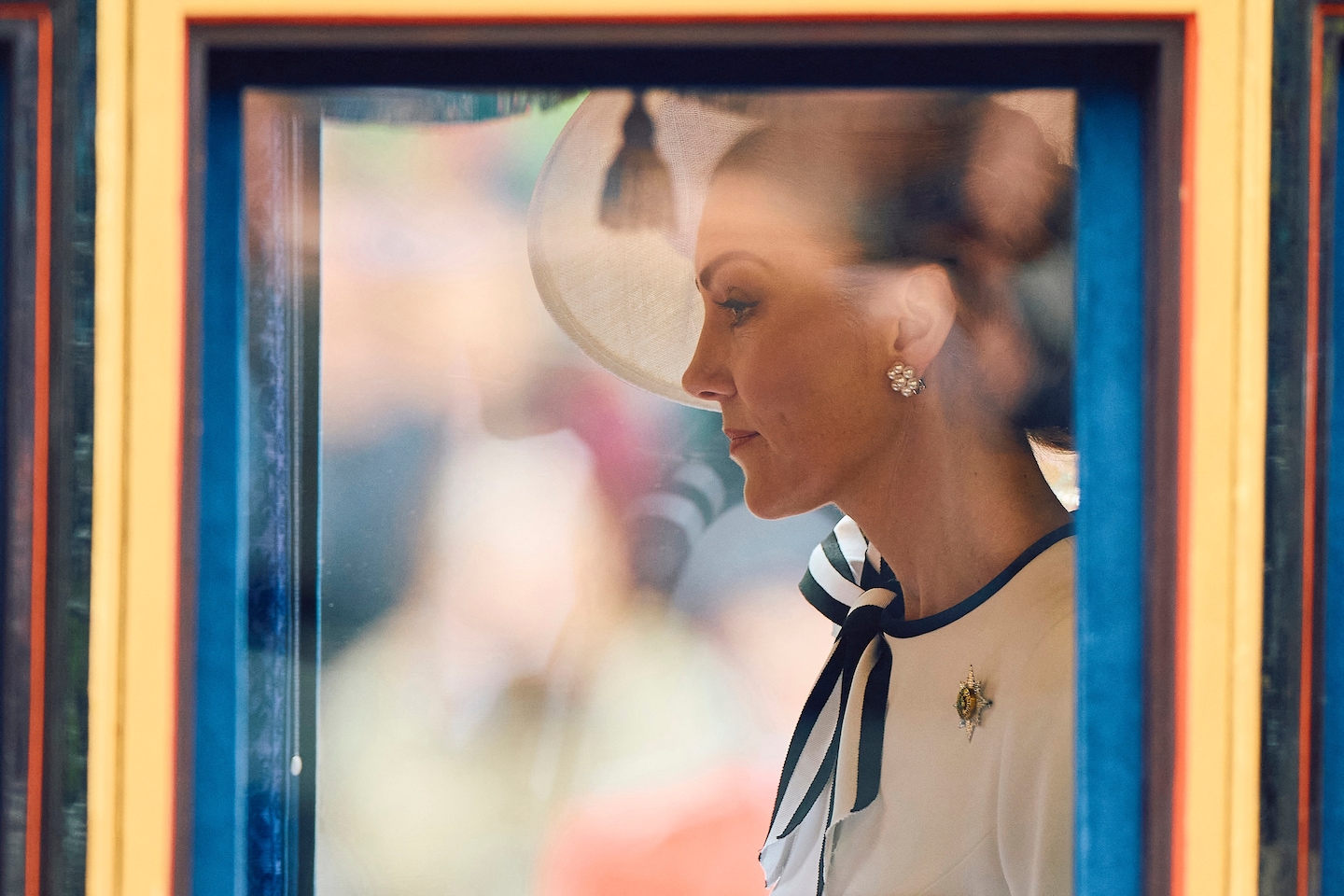When it comes to cancer, we have a lot of fears: about treatment and its side effects, pain and suffering, radiation and recurrence, impotence and infertility, and of course the biggest one, dying. Some of these fears are now overstated or outdated, thanks to medical advances. Still, there’s a reason the oncologist and writer Siddhartha Mukherjee called cancer the “emperor of all maladies” and why it tops lists of the diseases we fear the most, even if it’s not the biggest killer (that “honor” goes to cardiovascular disease). It is widely thought of as a “vicious, unpredictable, and indestructible enemy,” which is how a systematic review of attitudes put it.
Cancer used to be considered a death sentence, which was not an unreasonable fear before the development of modern treatment methods. For instance, testicular cancer, which I was diagnosed with in 1984, now has a five-year survival rate of 95 percent, compared to roughly 80 percent in 1975, according to the National Cancer Institute (NCI). The five-year breast cancer survival rate is now 91 percent, compared with 76 percent in 1975, the NCI reports.
When it comes to all cancers, the five-year survival rate is now more than 69 percent, up from roughly 50 percent in 1975, according to the NCI.
At the same time, some immunotherapies and other medicines don’t take nearly the toll of older therapies, which have common side effects of nausea, vomiting and hair loss. That’s why both experts and cancer survivors told me repeatedly, “Get the facts about your type of cancer,” which can go a long way to rein in fear.
David Ropeik, a retired journalist and author of the new book “Curing Cancerphobia: How Risk, Fear and Worry Mislead Us,” debunks other outdated anxieties. “Our fear of cancer has not caught up to the progress medicine has made” in recent decades, he says. “As many as two-thirds of the nearly 200 cancers can 1720182802 be treated as chronic conditions or cured outright, but we don’t believe that.”
As a result, there are what Ropeik terms too many “fear-ectomies” — medical unnecessary surgeries such as prostatectomies and radiation for asymptomatic, slow-growing prostate cancers and full mastectomies for breast ductal cancer that hasn’t spread and often won’t. In both those cases, experts say active surveillance with periodic follow-ups is a good approach.
Ropeik says that our perceived lack of control or powerlessness over this disease makes things worse. “When we can’t do anything about it, we will be more afraid,” he told me. Levin, the psychologist, agrees: “We want to be able to say, ‘I can do this and avoid that.’ Cancer sticks in your mind as one of those things ‘I can’t control.’”
But science over the last two decades has found there is so much more individuals can do to reduce their cancer risk, most importantly:
Don’t smoke. Researchers recently reported that those who quit had a 17 percent lower overall risk of any cancer than those who continued to smoke. They specifically found a 42 percent lower risk of lung cancer, a 27 percent lower risk of liver cancer, a 14 percent lower risk of stomach cancer and a 20 percent lower risk of colorectal cancer.
Eat right. Studies have found that healthy diets (less meat and processed food, more veggies, whole grains and fish), regular exercise, sunscreen and preventive screenings also reduce our cancer risk, Levin said, though not to zero, “which is really tough for people to cope with.”
Cancerphobia can lead to overscreening, overdiagnosis and overtreatment by boosting the discovery of some cancers that are considered unlikely to spread or cause symptoms. Overtreatment refers to a decision to choose more aggressive, even riskier treatments than medically necessary, such as those prostatectomies and mastectomies mentioned above.
So what can be done to curb cancer anxiety? In addition to doing research to understand your condition, here are a few strategies experts suggest:
Mind-body interventions: These include cognitive behavioral therapy, mindfulness meditation, relaxation techniques and the use of the creative arts (as a means for self-expression). A meta-analysis published in Psycho-Oncology concluded, “these interventions yielded significant, small-to-medium effects,” which were maintained at follow-up assessments up to two years. Some research has suggested that the psychotropic drug psilocybin may be helpful, though much research on this topic is underway.
Keep talking about what’s causing anxiety. The fears that we know are actually less scary than the fears that are hidden. Levin added that avoidance doesn’t diminish risk, but it may limit your options. Find a therapist who has dealt with these issues. Many cancer hospitals can make referrals.
It’s okay to ask for help. Actually, it’s not only okay but a sign of strength to say, “I can’t do this alone.” Don’t be scared to say that you’re overwhelmed. Most people are; you don’t have to be the proverbial cancer warrior.
Help comes in many forms. Among them are psychotherapists, social workers and religious leaders, nutrition experts, organized support groups and, of course, friends and family. If you’re worried about the treatment process, find people who have gone through it. Worried about finances? Seek out financial experts who can evaluate your situation.
Beth Rosenberg, a retired cardiologist in North Carolina, summed up precisely how cancer fear can harm us as much, if not more, than a cancer diagnosis. “Sadly, I cared for too many patients [who feared] what might be found [and] waited until the pain, or bleeding, was no longer tolerable.”
She remembered a patient who delayed seeing a dermatologist because she feared a skin blemish was cancer — which it turned out to be. Or the woman who didn’t come in until her breast tumors were too large to ignore. Both died within the year. “The scars and pain that resulted were so much greater than if they’d been able to work through their fear and come in sooner,” said Rosenberg.
#Kate #Middleton #celebrity #diagnoses #stoke #publics #cancer #fears,
#Kate #Middleton #celebrity #diagnoses #stoke #publics #cancer #fears
